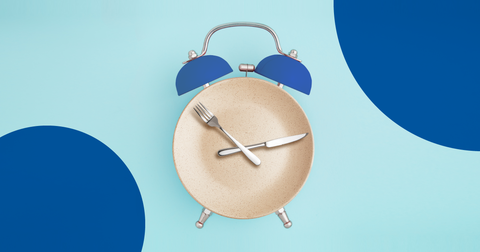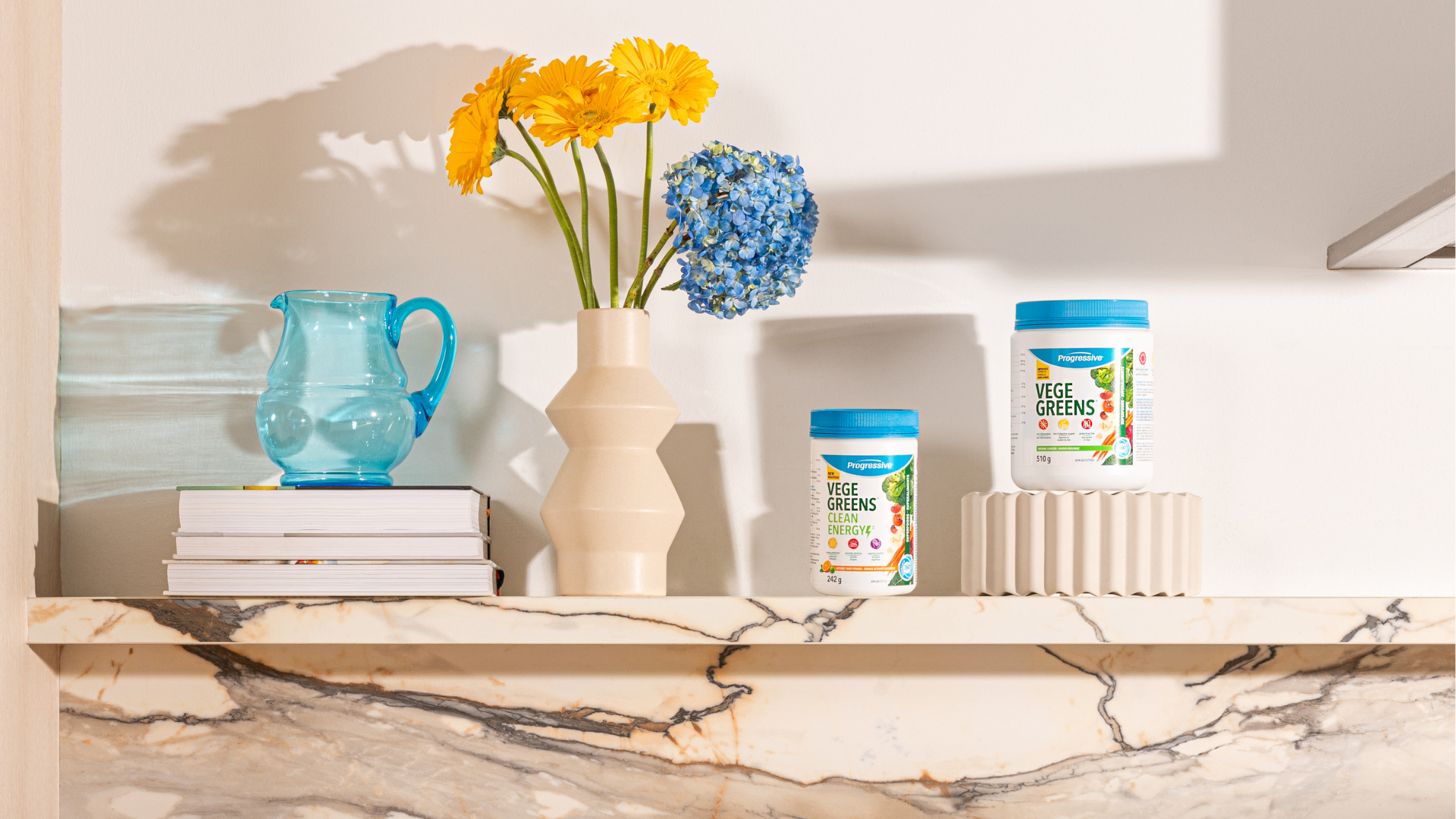Written by: Progressive Education Team Member
Not sleeping well? You're not alone. Over 80% of individuals want to improve the quality of sleep.1 Sleep is complex and it’s just not as simple as 1,2,3. There are many hormones involved that follow a synchronized, balanced pattern on a daily basis! Many of us know that melatonin is the key hormone involved but there is so much more than that!
Let’s take a deeper dive into the role the gut plays on sleep.
SEROTONIN AND SLEEP
Serotonin is a neurotransmitter and is derived from cells in the gut2 and also released by the pineal gland in the brain.2 When the levels of serotonin are off-kilter, the body's cycle of sleep is disrupted. Another function of serotonin is to produce the hormone, melatonin.2
MELATONIN AND SLEEP
As serotonin is synthesized by the pineal gland, it produces melatonin.3 Melatonin is stimulated when darkness occurs and brings with it the relaxed state of sleepiness. The body begins a rhythmic cycle of sleep/wake, following the dark/light cycle of nature.3
THE GUT CONNECTION
Research is telling us that our gut microbiome plays a huge role in our overall health. It not only affects the digestive, metabolic and immune functions but also regulates sleep.2 Early stage of research show that microorganisms in the gut play an important role in the sleep-wake cycle.2
PROBIOTICS AND GUT HEALTH
One way to support gut health is with the use of probiotics. Using a probiotic on a daily basis is a great way to support our gastrointestinal system. Probiotics provide beneficial bacteria that help to keep our gut happy! Probiotics don’t work alone though, as non-digestible carbohydrates known as prebiotics help to feed the beneficial bacteria in probiotics as well as the good bacteria living in our gut.4
References:
- Stats Canada (2017) Accessed March 19, 2020 https://www150.statcan.gc.ca/n1/pub/82-003-x/2017009/article/54857-eng.html
- Li, Y., Hao, Y., Fan, F., & Zhang, B. (2018). The role of microbiome in insomnia, circadian disturbance and depression. Frontiers in Psychiatry, 9. https://doi.org/10.3389/fpsyt.2018.00669
- Borjigin, J., Samantha Zhang, L., & Calinescu, A.-A. (2012). Circadian regulation of pineal gland rhythmicity. Molecular and Cellular Endocrinology, 349(1), 13–19. https://doi.org/10.1016/j.mce.2011.07.009
- Rajendran, C.K., S. Okolie, S.R., Udenigwe, C. C., & Mason, B. (2017). Structural features underlying prebiotic activity of conventional and potential prebiotic oligosaccharides in food and health. Journal of Food Biochemistry, 41(5), 1-19.




